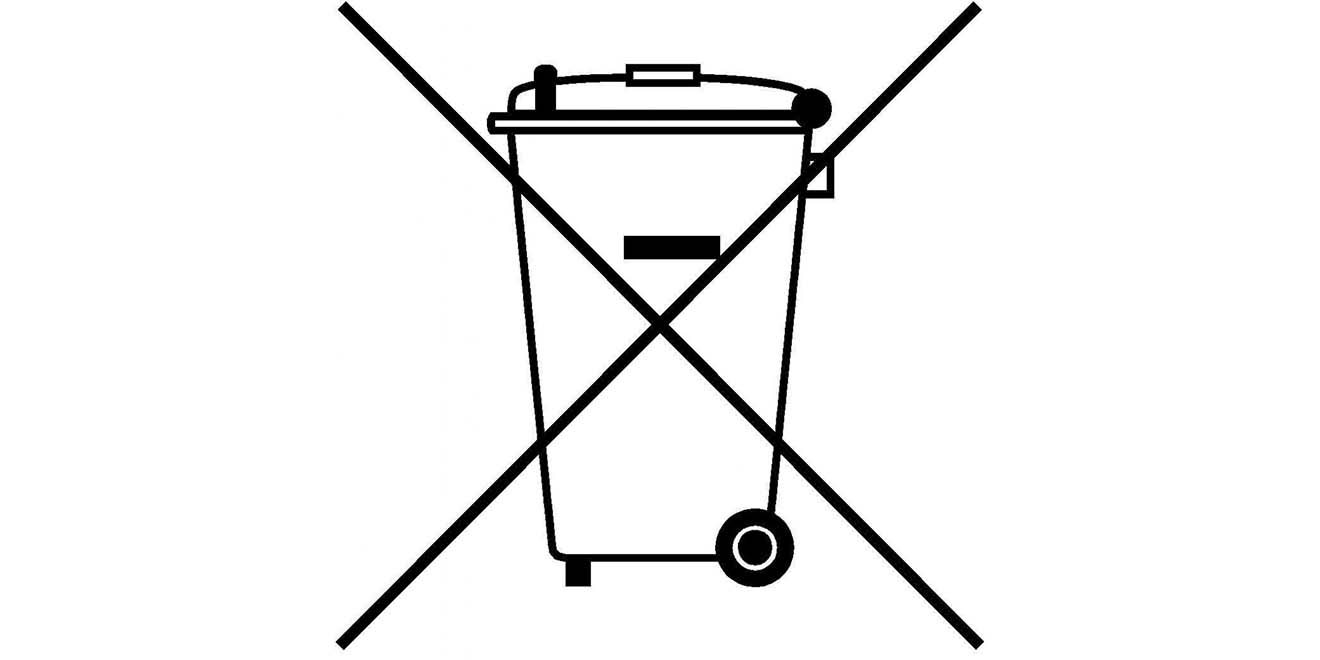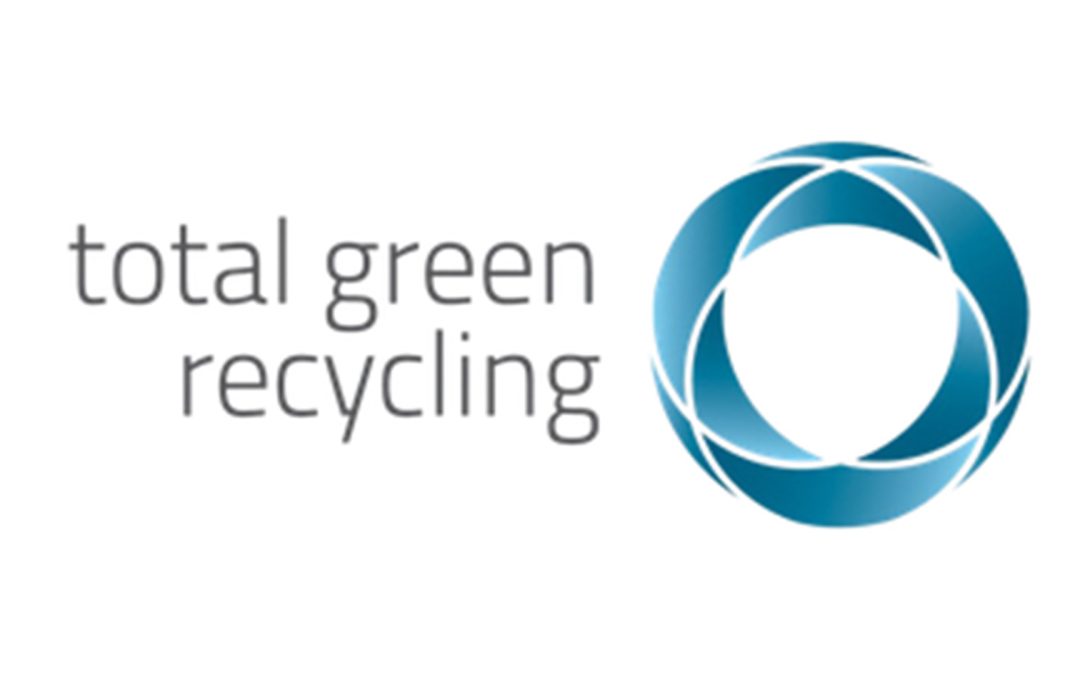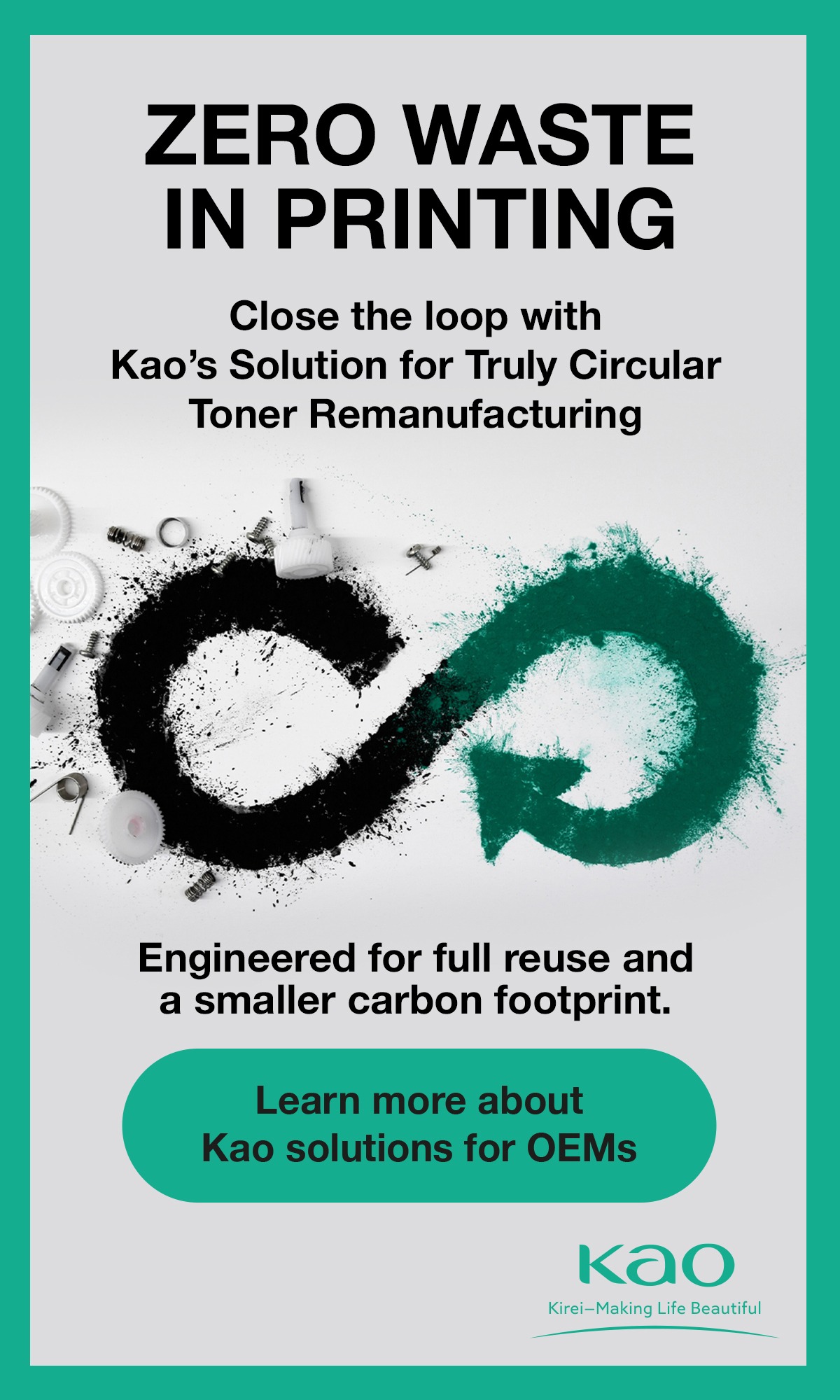From January 2025, UK importers will assume full responsibility for compliance under updated WEEE regulations as concerns over non-compliant cartridges in the EU market grow.
From 1 January 2025, significant changes to the UK’s Waste Electrical and Electronic Equipment (WEEE) regulations will shift compliance responsibilities for products placed on the British market. Non-UK producers of electrical and electronic equipment (EEE), such as toner and inkjet cartridges, sold via UK-based importers will no longer need to register as WEEE producers. Instead, these obligations will fall squarely on the UK importers themselves.
 The updated framework aims to simplify enforcement by ensuring that businesses with a physical presence in the UK are directly accountable for WEEE compliance. While this provides clarity for regulators, it introduces new challenges for businesses importing into the UK market.
The updated framework aims to simplify enforcement by ensuring that businesses with a physical presence in the UK are directly accountable for WEEE compliance. While this provides clarity for regulators, it introduces new challenges for businesses importing into the UK market.
Under the revised rules, toner and inkjet cartridge importers will need to meet a range of compliance obligations that non-UK producers previously handled. Key responsibilities include registering as WEEE producers and reporting volumes of cartridges placed on the market annually, financing the collection, treatment, and recycling of waste cartridges, and ensuring products display the ‘crossed-out wheeled bin’ symbol and comply with UKCA or CE marking rules. Importers must also ensure that information on recycling components and materials is provided on the packaging or in accompanying documentation.
This shift marks a substantial increase in administrative responsibilities for importers, particularly those dealing with a high volume of products or multiple product lines. The changes are expected to raise costs and increase operational complexity for toner and inkjet cartridge importers. Financing the collection and proper recycling of cartridges will be a significant expense, with estimates suggesting compliance costs could reduce profit margins by as much as 10% for smaller operators. Maintaining accurate documentation and ensuring all products are correctly labelled could require introducing new systems or staff training—failure to comply risks penalties, including fines and potential restrictions on selling in the UK market.
David Connett, a Partner at Connett & Unland GbR, remarked, “These changes will simplify enforcement, but they will also increase the financial and logistical burden for UK importers. UK businesses must act now to ensure compliance by the January 2025 deadline.”
The importance of compliance is underscored by recent research from the European Toner and Inkjet Remanufacturers Association (ETIRA), highlighting alarming levels of non-compliance in the EU market for non-OEM cartridges. Over a six-month period, ETIRA found widespread issues, including false labelling, missing CE markings, and improper WEEE registrations. Some products, misrepresented as environmentally friendly or remanufactured, were entirely new and non-compliant. These findings echo previous concerns about the environmental and health risks posed by non-compliant cartridges, including hazardous chemicals and improper waste management. ETIRA has called for stricter enforcement of EU regulations, warning that illegal products undermine fair competition and sustainability goals.
Stronger legislation suggests that smaller importers may struggle to absorb the increased costs and administrative burden, potentially pushing some out of the market. However, the changes may also encourage innovation, with companies expanding their production of remanufactured cartridges or adopting take-back schemes to offset costs and enhance sustainability credentials
Our take on this: Companies should immediately review their supply chains, establish clear compliance processes, and explore partnerships with compliance schemes to manage their new responsibilities effectively. As the UK shifts responsibility for WEEE compliance to domestic importers, and as EU authorities grapple with widespread non-compliance, the office imaging sector faces a pivotal moment. Whether these changes will simplify the system or introduce new hurdles, they highlight the importance of strategic planning and innovation in navigating this increasingly complex regulatory landscape.






















